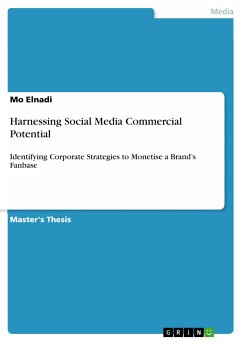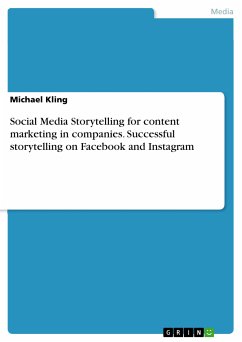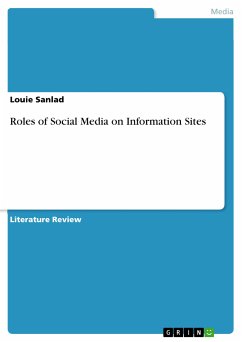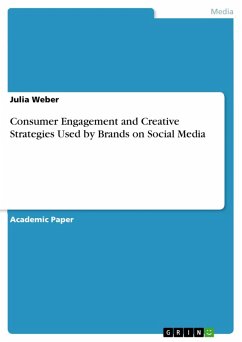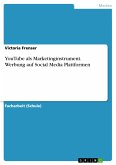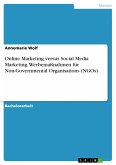Master's Thesis from the year 2010 in the subject Communications - Public Relations, Advertising, Marketing, Social Media, grade: 72.96, The University of Surrey (Business School), course: MBA P/T, language: English, abstract: There is a need for academic research that determines the factors that influence purchasing decisions or trigger word-of-mouth (WOM) endorsements amongst consumers on social media (SM) channels; with the aim of identifying critical components of an effective digital communication strategy. This research focuses on exploring these factors through studying consumer engagement motives behind connecting with brands via SM during purchasing decision lifecycle phases. The researcher was able to discover misalignments between engagement motives of consumers and the current corporate approach in exploiting SM opportunities. The quantitative empirical research captures the opinions of 335 UK respondents. This acts as the primary data to accompany the full literature review of journals, academic studies, and web resources acting as secondary research material. The main findings reveal that a corporate needs to treat SM platforms as two-way communication channels. Trust and relationships are built over time between a corporate and the target audience through valuable content and identifying the behaviour of top influencers on the right channels. Factors like gender, age group, level of experience, use of wireless devices and different personality types all directly affect consumer-to-consumer and consumer-to-brand engagement on SM channels. To fully exploit the commercial aspects of SM, effective SM engagement strategy is needed to build conversations and fulfils the ranges of needs of different consumers. Research shows consumers are interested in sharing tips relating to their stage in the cycle. Furthermore, consumers indicated that marketing messages can be perceived as an interruption to the natural consumer-to-consumer communication flow. The research also distinguishes between propensities to engage with a brand, and purchasing or WOM advocacy that might not be directly related. Consequently, many engagement barriers are created as a result of this misalignment between corporate assumptions and actual consumer engagement motivations that unnecessarily lead to loss of opportunities. If identified and studied carefully, corporates could adapt their digital communication strategies to fully harness SM potential, and thereby monetise a brand fanbase. The researcher has developed a number of strategic frameworks that could help marketers understand the dynamics of this complex ecosystem in order to align their goals with real-life consumer expectations.
Dieser Download kann aus rechtlichen Gründen nur mit Rechnungsadresse in A, B, BG, CY, CZ, D, DK, EW, E, FIN, F, GR, HR, H, IRL, I, LT, L, LR, M, NL, PL, P, R, S, SLO, SK ausgeliefert werden.

